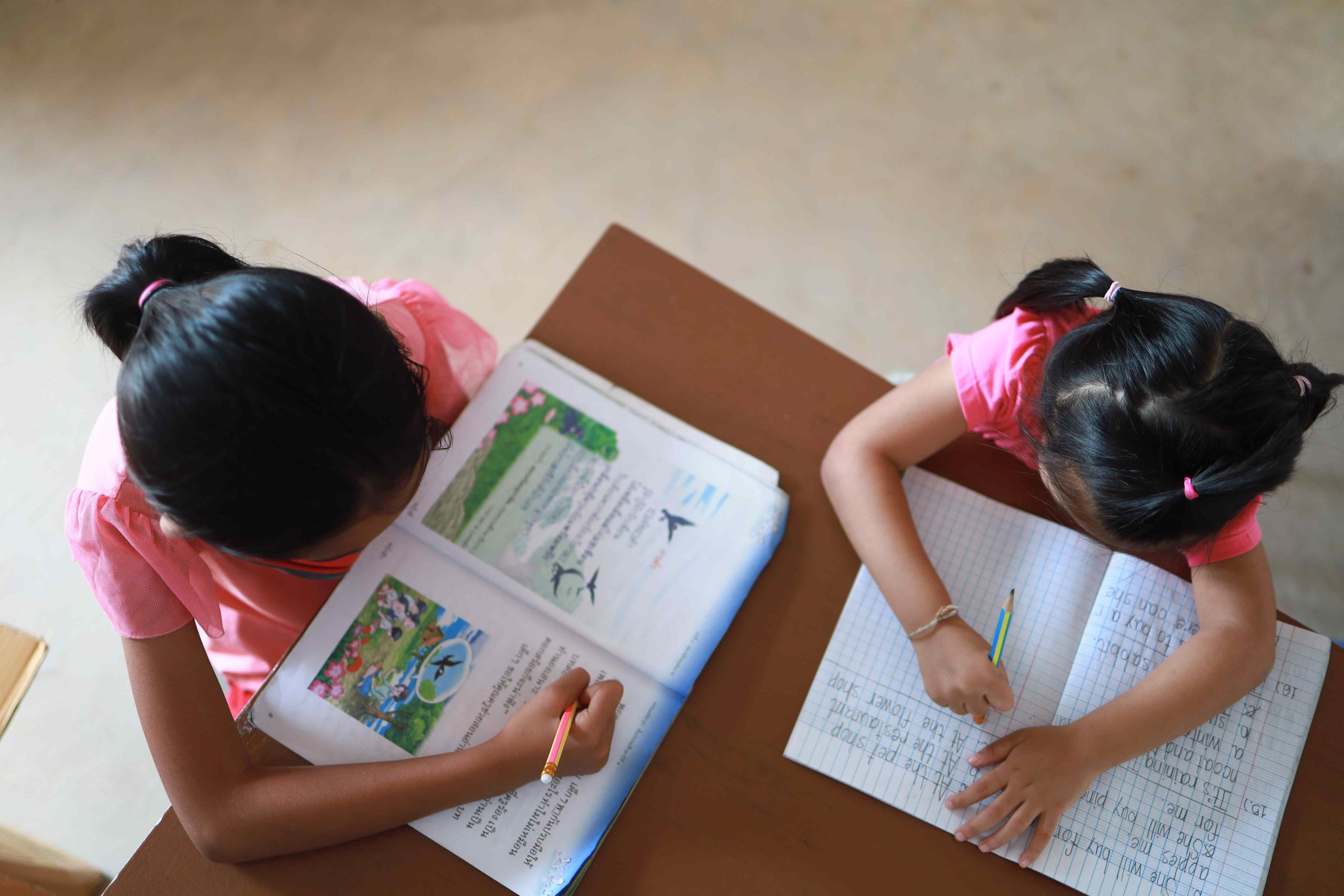Is Kindergarten Homework Effective? A Common Home Question
As parents, we all strive for the best for our kids, including their emotional, social, and intellectual success. One common question that arises is whether homework is beneficial for kindergarten-aged preschoolers. This question warrants thorough investigation.
Kindergarten homework typically involves activities such as solving math problems or reading storybooks at home, aimed at reinforcing lessons learned in class. However, its effectiveness for preschoolers is a subject of debate.
Proponents argue that homework helps instill responsible study habits and reinforces class material. On the other hand, critics contend that it may lead to dissatisfaction, stress, and burnout in young children, interfering with crucial activities like playtime and family bonding.
The truth lies in considering various factors:
Developmental Factors: Preschoolers’ cognitive abilities vary, and some may not yet have the concentration for homework, while others may benefit from it.
Family Circumstances: A busy family schedule or lack of resources can impact the feasibility and effectiveness of homework.
Teacher’s Role: Homework effectiveness depends on the teacher’s approach, ensuring tasks are appropriate and meaningful.
Cultural Considerations: Cultural attitudes towards academic performance and leisure activities influence the perception of homework’s importance.
Personal Factors: Each child’s personality, interests, and motivation affect their response to homework.
In conclusion, there’s no one-size-fits-all answer regarding the usefulness of homework for preschoolers. It’s essential to consider individual needs and circumstances, prioritizing a nurturing learning environment that balances academic goals with recreation and family time.
Parents should communicate with teachers about homework policies and their child’s experience, advocating for adjustments if necessary. Ultimately, fostering a supportive environment that promotes holistic development is paramount.
As we navigate the evolving landscape of education, staying informed, adaptable, and responsive to children’s needs remains crucial.
